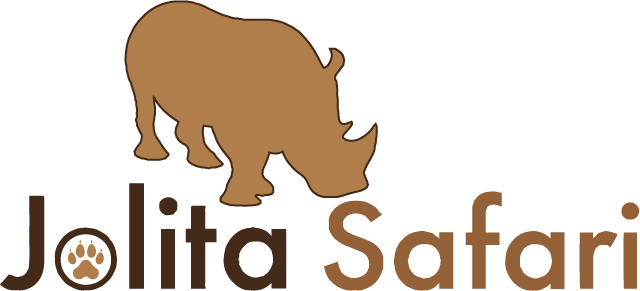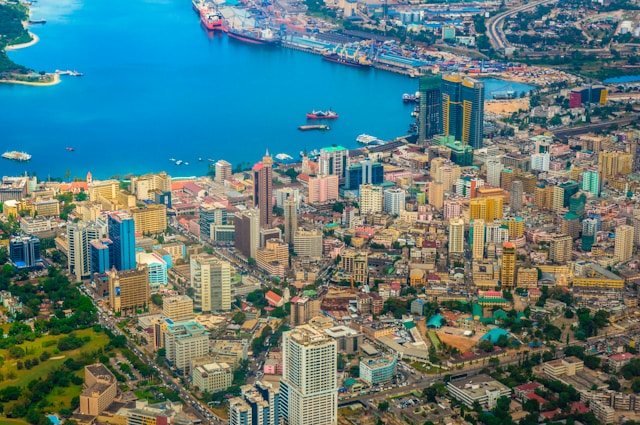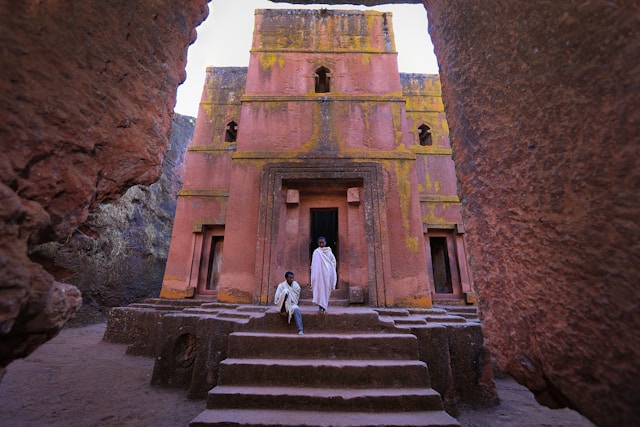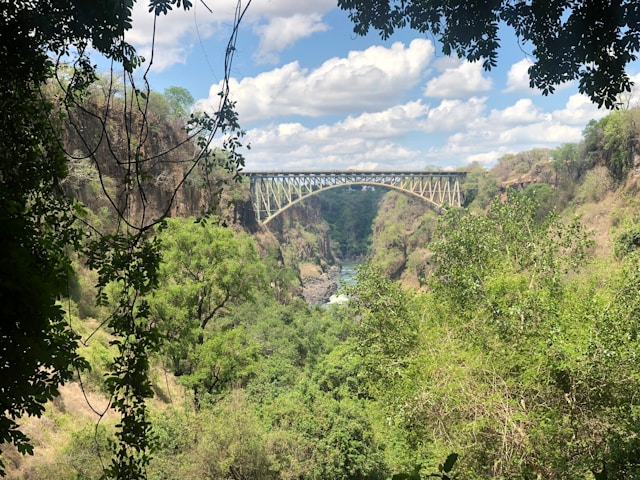People and Culture
Citizens of Botswana are known as Batswana (the “Ba” meaning “the people of…”). Batswana take great pride in their history and their democratic government and have a strong national identity which always supercedes their ethnicity (there are over 20 different ethnic groups living in the country). The largest ethnic group (about 60% of the population) are the Tswana.
The official language of the country is English, but at least 26 other languages are spoken by the various ethnic communities. One of the most intriguing of these is known as !Xoo, which is spoken by a few thousand people of Khoisan origin in Botswana. It consists of 5 basic click sounds, 17 accompanying clicks as well as vowels which require 4 different tones of voice! Unsurprisingly, this makes !Xoo the most complex language on earth!
The Khoisan people, also known as the Bushmen or the San, have been following a hunter-gatherer existence for over 20,000 years, which is today becoming increasingly threatened by conservation and the pressure to adapt to more modern ways of living. Today only about 3000 Khoisan still practice their age-old traditions. Their culture has always included a strong element of art, and beautiful San rock art can be seen in many places throughout Southern Africa.
Music and dance are an important part of the Botswana culture, and besides displays of traditional music and dancing, there is also much interest in popular music and Hip-hop, Reggae, Kwaito and Kwasa Kwasa are also all very popular.
How to Get There
The easiest way for most visitors to reach Botswana is via Johannesburg (South Africa) on one of the many direct international flights from all over Europe, the USA, Asia and Australia. There are regular scheduled flights between Johannesburg and the Botswana towns of Gaborone, Maun, Kasane and Francistown. You can also fly into Botswana from Zimbabwe, Namibia and Kenya, and Air Botswana has domestic flights between the towns. Charter flights are also available to most of the National Parks.
Visa
Citizens of most EU and Common-wealth countries, as well as the USA, do not require a visa to visit Botswana, however it is wise to check with your travel agent or the Botswana Consulate web-page for a full list of exempt countries before you set out. All visitors require a passport that will be valid for 6 months beyond the date of their visit and sufficient funds to cover their holiday.
Accommodation
When it comes to choosing your accommodation, you will have an excellent choice in Botswana! The main tourist areas in and around the National Parks are very well-supplied with top class hotels, lodges and wonderful luxury tented camps, as well as some less expensive options for those on a budget. In some areas you even have the opportunity of enjoying a “moving” camp, which means that you will sleep in a different area each night of your safari.
Getting Around
Most of the major tourist areas of Botswana are linked by air, and it is possible to fly into, or close to most of the National Parks, either by scheduled Air Botswana flights or by charter. The country also has a good road network and there is a reasonable public transport system between the major towns, utilizing mini-bus taxis and buses. Botswana also boasts one of Africa’s few air-conditioned passenger rail services which offers several classes of travel and private sleeper compartments on the long overnight routes. However, there are no dedicated “tourist” rail services to the National Parks, and the rail service only links major towns. Exploring some of Botswana’s huge expanses of bush in a rental 4X4 is another possibility, but the very large distances between destinations and the high cost of car hire in the country make this a less user-friendly option for most visitors.
Travel Insurance
It is important to check with your health insurance provider to ensure you are covered for health expenses while travelling abroad; if not, be sure to buy adequate medical insurance. You should also make sure that you are covered for emergency evacuation in the unlikely event of serious injury or illness. Also insure all your personal belongings and carry your expensive cameras and electronic goods in your hand-luggage.
Climate
Because Botswana is such a large country there is considerable variation in climate from one part to another. Generally speaking, the most pleasant months of the year fall in the shoulder seasons of autumn (April and May) and spring (Sept and October). Botswana is an arid region and receives very little annual rainfall, generally restricted to the months of December to March. Mid-winter (June to August) is the best time to visit for game viewing as the dry conditions mean that the grass is shorter and the wildlife is forced to congregate near the water holes; these conditions usually extend into October or until the first rains of the season arrive.
Summer temperatures in the desert regions can often reach 40C during the day, while in winter the night temperatures can drop to 0C, but it quickly warms up during the daytime. The climate is far more temperate in the Okavango Delta region.
Health
Any visitors to Botswana should check that they are up-to-date with all regular vaccination: MMR (Measles-mumps-rubella), diphtheria-tetanus-pertussis, varicella (chickenpox), polio and your annual flu vaccine. Additionally it would be wise to consider being vaccinated against hepatitis A and B, typhoid, meningitis and rabies.
There is no risk of Yellow Fever in Botswana. However, if you have visited or transited through a country where the disease is a risk all visitors over 1 year old will need to provide proof of vaccination against the disease to be granted entry into Botswana.
Malaria prevention is essential all year round, and the risk is highest from November to June. Consult your medical practitioner to discuss the most suitable anti-malaria medication and be sure to use insect repellent to avoid bites. If applicable, protection against STIs, including HIV-AIDS is important throughout Africa.
It is recommended that you avoid paddling or swimming in any fresh water in Botswana in order to avoid possible exposure to Bilharzia. (Chlorinated swimming pools are fine). If you may have been exposed to this fresh-water parasite you can request to be tested for the disease at a tropical medicine centre on your return home.
Money
Botswana’s currency is the Pula, which is available in notes and coins in several denominations. Credit cards, especially Visa and Mastercard are widely accepted all over Botswana, but you will generally need cash to buy goods from local crafters and markets. ATM’s are available in most of the larger towns and airports. There is no restriction on the amount of currency brought into the country but you need to declare it on arrival.



